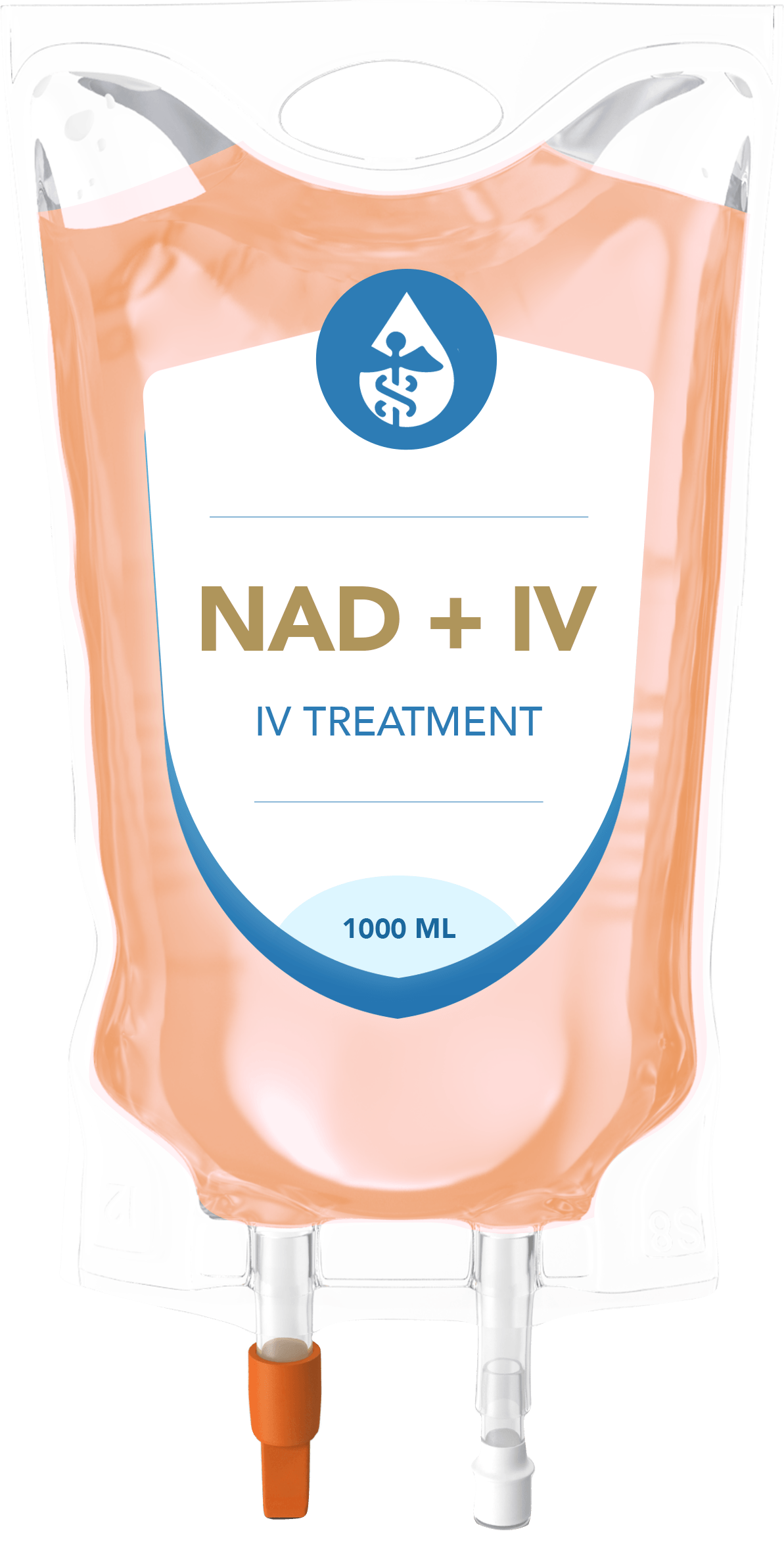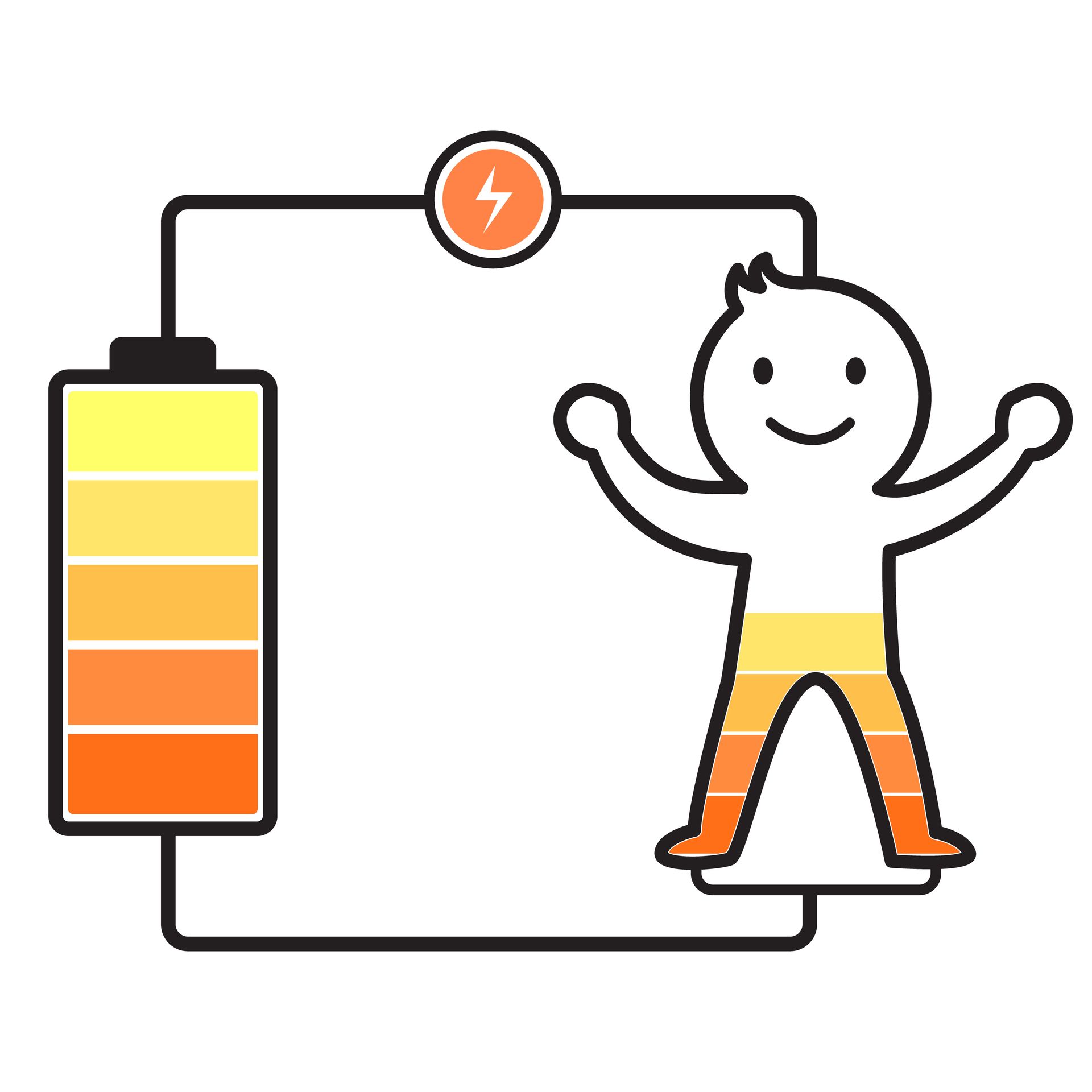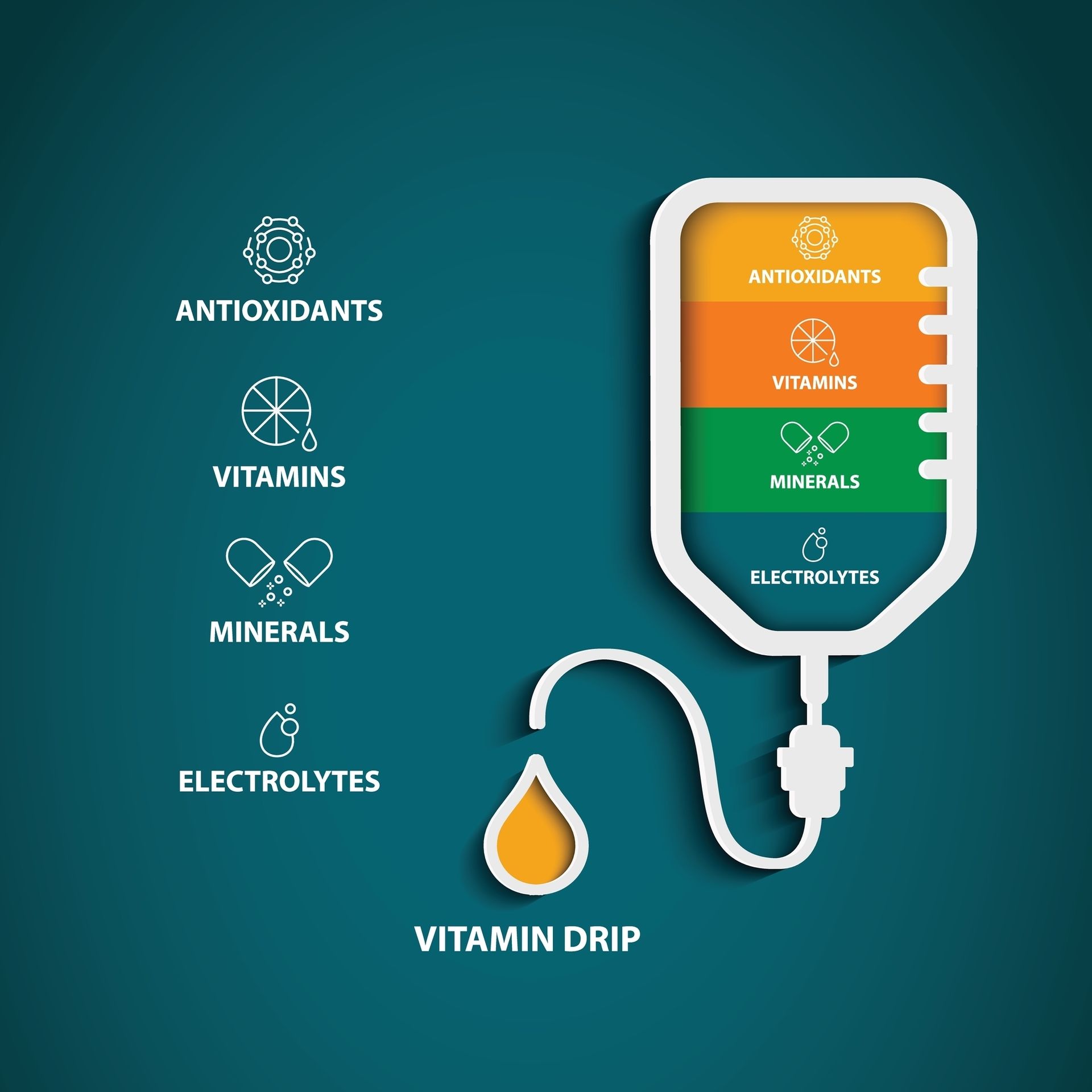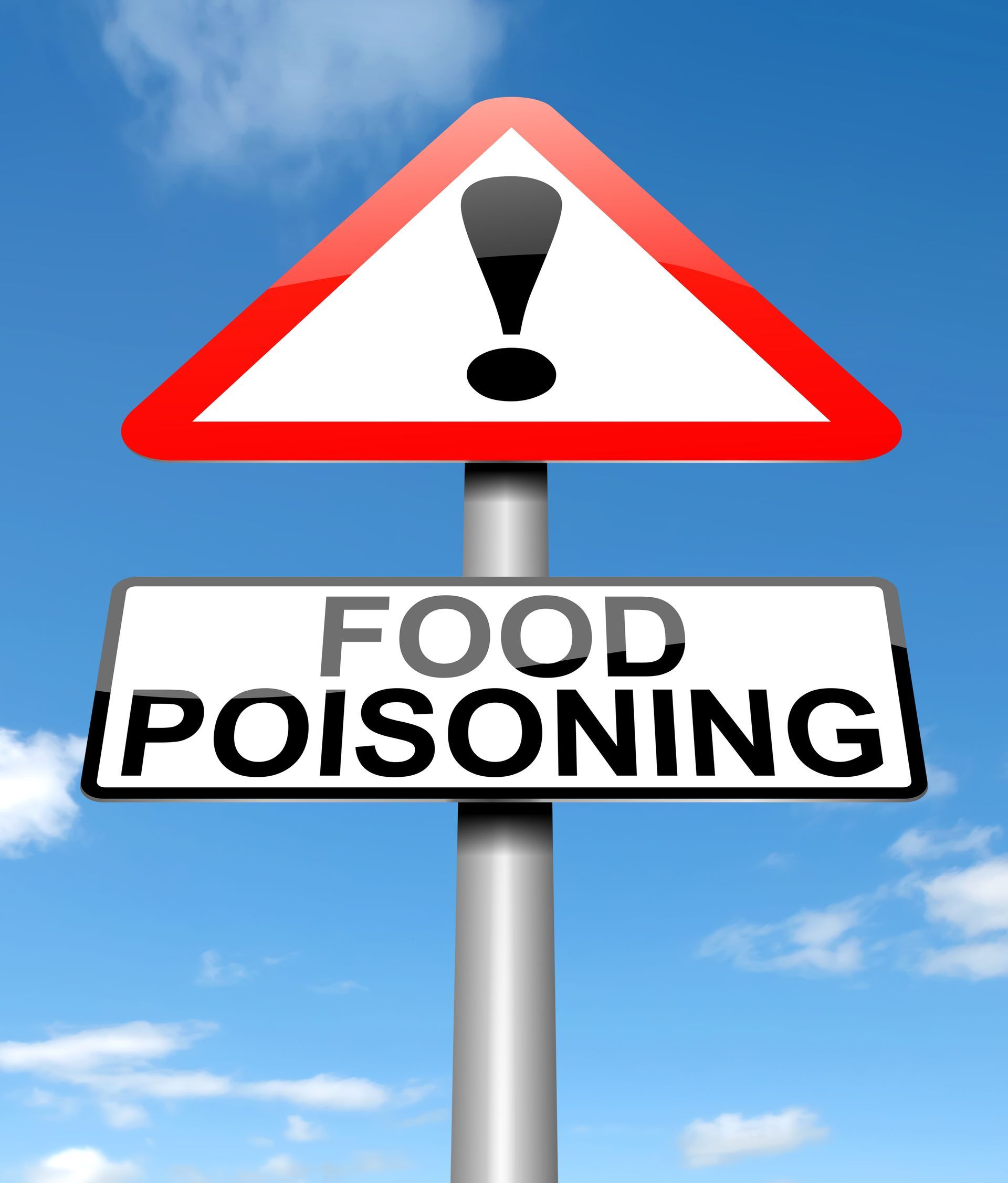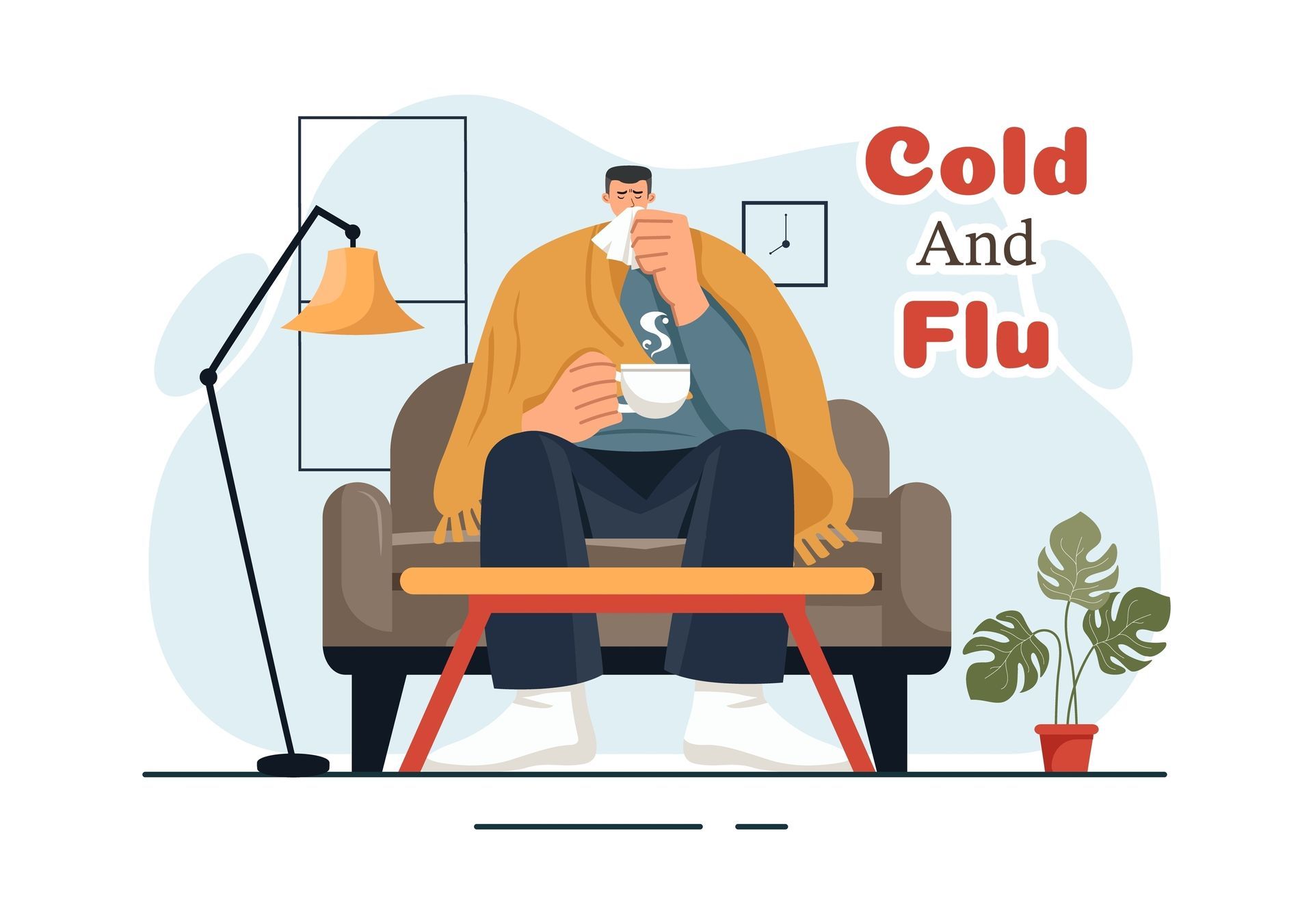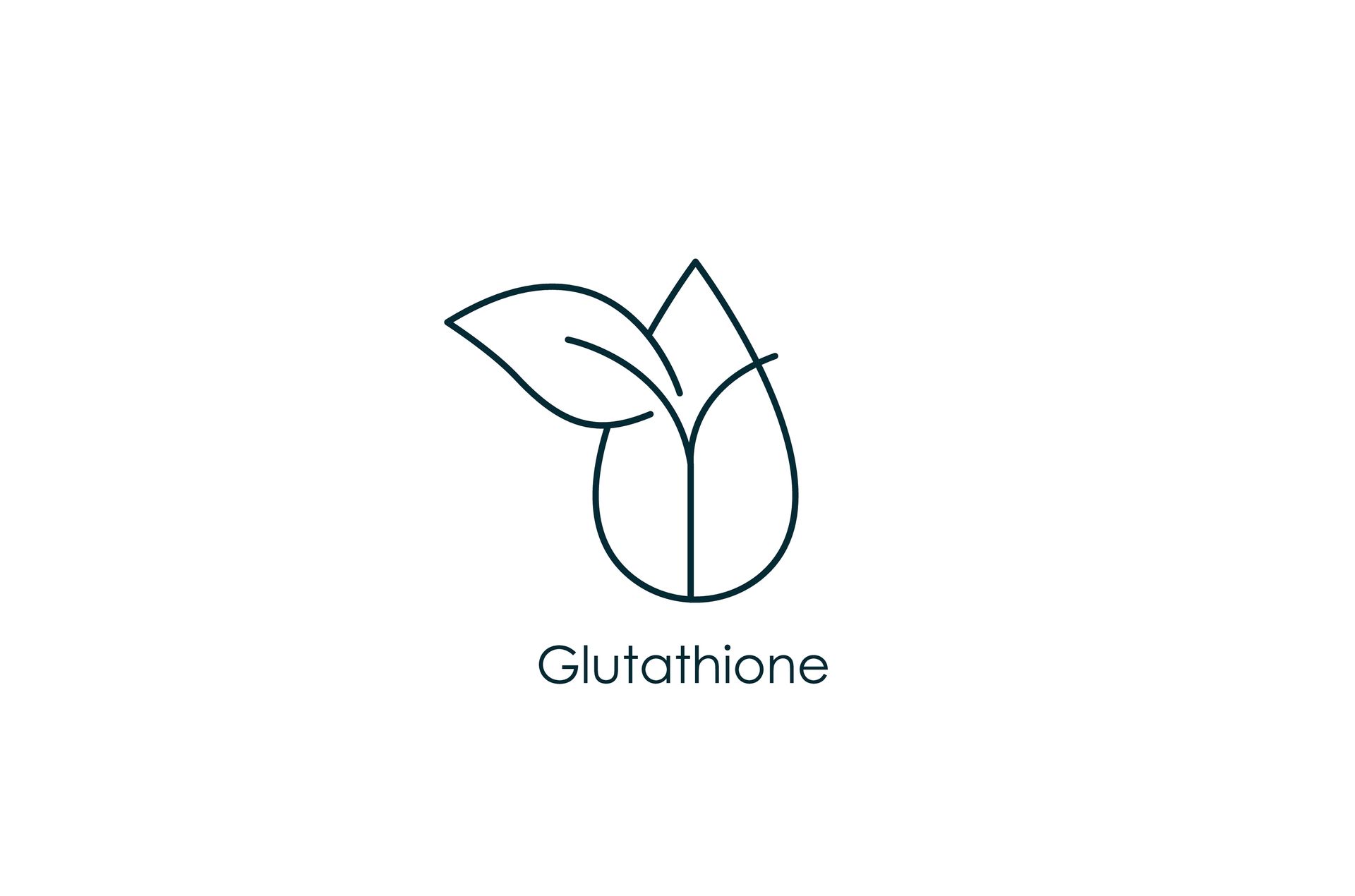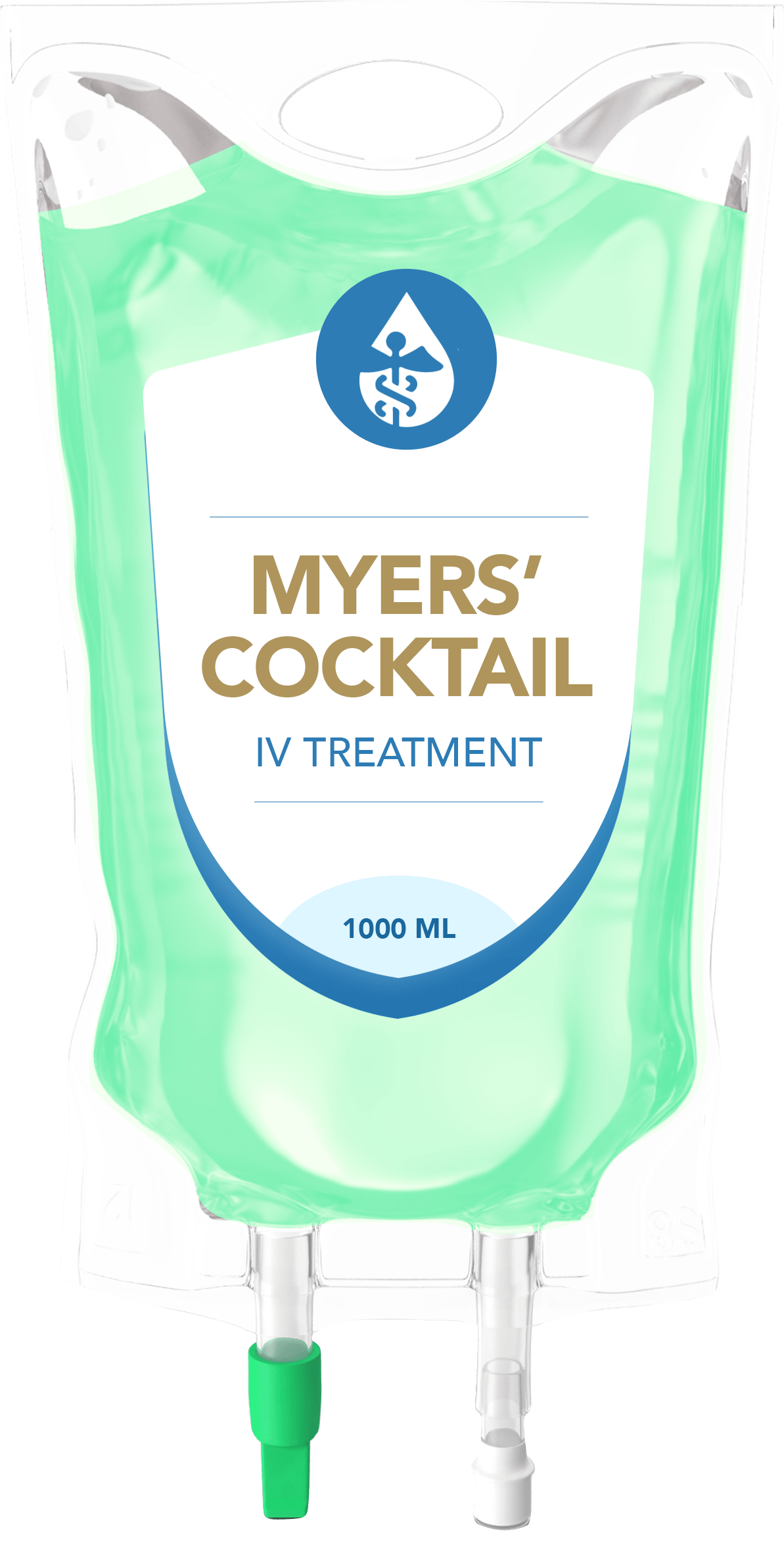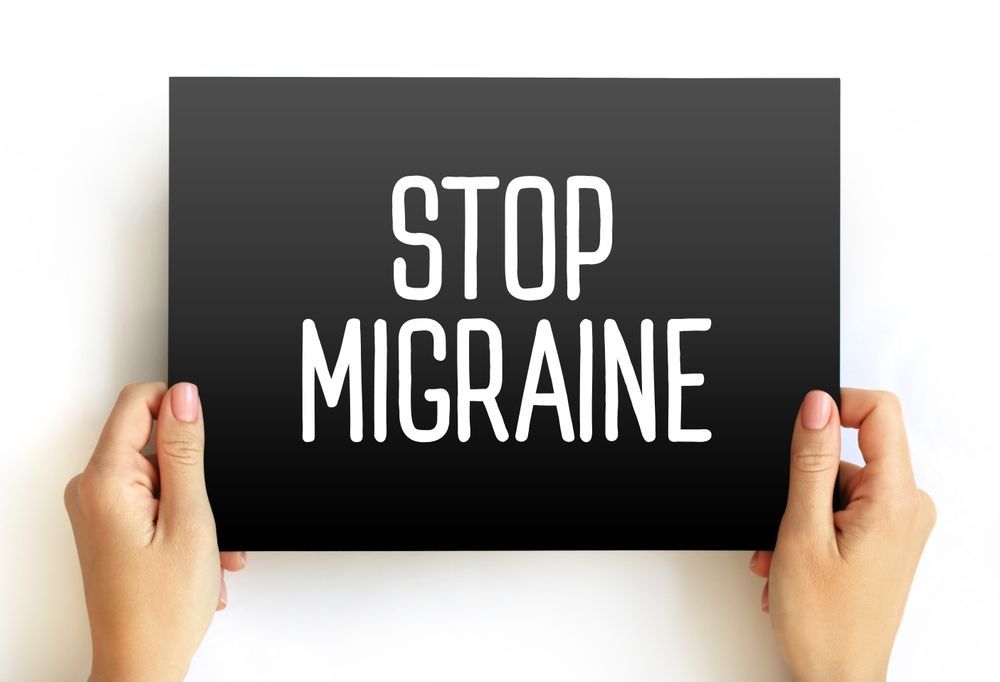Articles and Information
Headache Relief: Natural Solutions to Reduce Pain
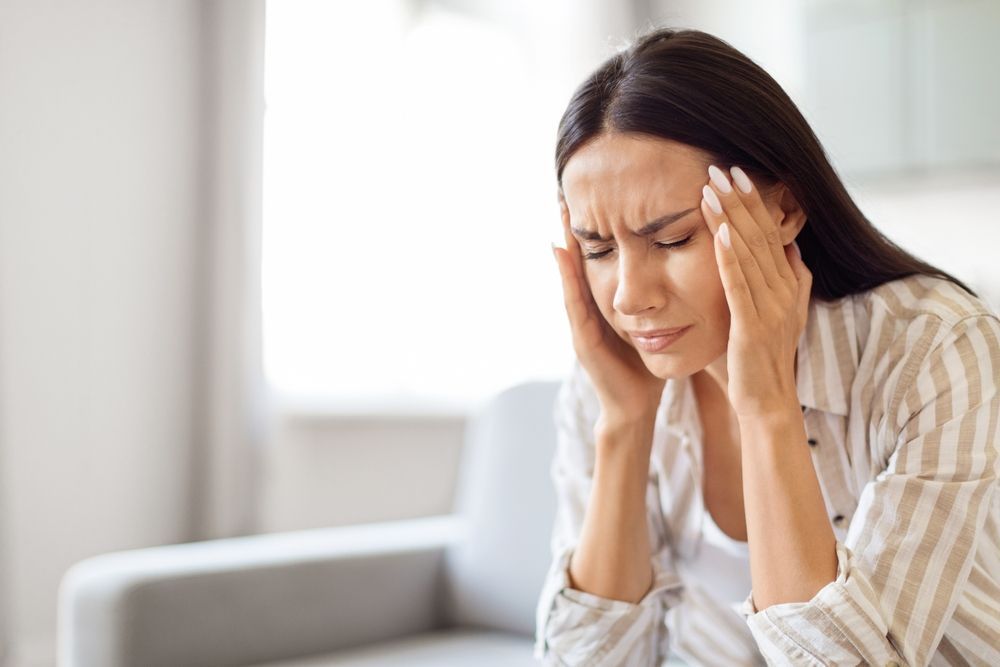
Headaches can be debilitating and affect your quality of life. Understanding the types of headaches and exploring natural solutions can help you find effective relief. This article delves into various headache types, the impact of lifestyle choices, natural remedies, and mind-body techniques that can alleviate pain.
Understanding the Different Types of Headaches
Headaches come in various forms, each with its own triggers and characteristics. By identifying the type, you can better manage the pain and choose suitable remedies. Here we discuss the primary headache types: tension, migraines, and cluster headaches.
Tension Headaches and Their Causes
Tension headaches are the most common type, often presenting as a dull, aching sensation all over the head. Stress, poor posture, and muscle tension are frequent culprits. These headaches can be episodic or chronic, but they are typically manageable with lifestyle changes and at-home remedies.
Factors contributing to tension headaches include:
- Stress and anxiety
- Poor posture
- Eye strain
Recognizing these triggers can help you develop strategies to alleviate or even prevent tension headaches. Simple practices such as regular breaks during long hours of computer work, incorporating relaxation techniques like yoga or meditation, and ensuring ergonomic seating can significantly reduce the frequency of these headaches. Additionally, staying hydrated and maintaining a balanced diet can play a crucial role in minimizing tension headaches, as dehydration and nutrient deficiencies can exacerbate symptoms.
Migraines: More Than Just a Headache
Migraine headaches are often severe and can last for hours or days. They can come with additional symptoms like nausea, vomiting, and extreme sensitivity to light and sound. Migraines have specific triggers, such as:
- Certain foods (like aged cheese or processed meats)
- Hormonal changes
- Environmental factors (like weather changes)
Understanding your unique migraine triggers is crucial for management and prevention. Keeping a headache diary can be particularly beneficial, as it allows individuals to track their migraine occurrences alongside potential triggers, helping to identify patterns over time. Moreover, various treatments, including prescription medications, over-the-counter pain relievers, and lifestyle adjustments, can be tailored to the individual, providing a comprehensive approach to managing this debilitating condition.
Cluster Headaches: A Brief Overview
Cluster headaches are less common but extremely painful, often referred to as “suicide headaches” due to their intensity. They occur in cyclical patterns or bursts, typically making one feel restless. The exact cause remains unclear, but they often follow a pattern, affecting men more than women.
These headaches can develop multiple times a day and last for weeks or months at a time, making treatment essential for those who suffer from them. While the pain is excruciating, some individuals find relief through specific treatments, including oxygen therapy and certain medications that can reduce the frequency and severity of attacks. Understanding the cyclical nature of cluster headaches can also empower sufferers to seek timely medical intervention during a cluster period, ensuring they have access to the necessary resources to manage their pain effectively.
The Role of Lifestyle in Headache Management
Beyond medication, lifestyle choices play a significant role in headache management. By making adjustments in diet, exercise, and stress management, you can reduce the frequency and severity of headaches.
The Impact of Diet on Headache Frequency
Your diet can significantly influence headache occurrences. Foods that often trigger headaches should be limited, while a balanced diet rich in nutrients may help prevent them. Aim for a diet containing:
- Fruits and vegetables
- Whole grains
- Lean proteins
Additionally, tracking your food intake can help identify personal triggers and patterns associated with headaches.
Exercise and Headaches: What's the Connection?
Regular physical activity has been shown to reduce headache frequency. Exercise helps relieve stress and improve mood, which can lessen tension headaches. Activities like walking, swimming, or cycling can be beneficial. However, it's essential to find a balance and avoid overexertion, which could trigger headaches instead.
Stress Management for Headache Relief
Stress is a well-known factor that can exacerbate headaches. Engaging in activities that promote relaxation can be effective. Techniques such as deep breathing, progressive muscle relaxation, and mindfulness meditation can create a sense of calmness and help manage stress levels.
Natural Remedies for Headache Relief
Various natural remedies can provide relief for different types of headaches. Exploring herbal supplements, essential oils, and simple lifestyle changes can offer effective solutions.
Herbal Supplements for Headache Management
Certain herbs have been traditionally used to alleviate headache symptoms. Popular choices include:
- Feverfew
- Peppermint
- Ginger
While some studies support their effectiveness, it’s important to consult with a healthcare professional before starting any new supplement.
Essential Oils and Aromatherapy for Headaches
Aromatherapy can also play a role in headache relief. Scents like lavender, eucalyptus, and rosemary have soothing properties. To utilize these, you might:
- Inhale directly from the bottle
- Diffuse the oils in your room
- Massage diluted oils onto your temples
This can create a calming environment and may help reduce headache symptoms.
The Power of Hydration in Headache Prevention
Dehydration is a common headache trigger. Staying hydrated can significantly reduce headache occurrences. Aim for at least 8 glasses of water a day, and consider carrying a water bottle to help remind you to drink throughout the day.
Mind-Body Techniques for Headache Relief
Mind-body techniques encompass practices that can foster relaxation and help manage pain. Incorporating these into your routine may provide significant headache relief over time.
The Benefits of Yoga and Meditation for Headaches
Both yoga and meditation promote relaxation and mindfulness, which can alleviate headache pain. Practicing yoga stretches can release muscle tension, while meditation helps cultivate inner calm. Try incorporating a few minutes of these practices into your daily routine.
Biofeedback and Headaches: A Natural Approach
Biofeedback is a technique that makes you aware of physiological functions to control them. Using sensors to monitor muscle tension and heart rate, individuals learn to recognize body signals and implement relaxation techniques to manage headaches effectively.
Acupuncture and Headaches: An Ancient Solution
Acupuncture, a traditional Chinese medicine practice, involves inserting thin needles at specific points on the body. Many find it effective for reducing headache frequency and intensity. If interested, consult a licensed practitioner for guidance.
In conclusion, understanding the different types of headaches and exploring lifestyle changes and natural remedies can empower you to manage and alleviate headache pain effectively. Taking proactive steps towards better health can lead to fewer headaches and an improved quality of life.
USEFUL LINKS
CONTACT US
If you think you may have a medical emergency, immediately call your doctor or dial 911.
This website does not provide medical advice. It is intended for informational purposes only. It is not a substitute for professional medical advice, diagnosis or treatment. Never ignore professional medical advice in seeking treatment because of something you read on the internet. These statements have not been evaluated by the Food and Drug Administration.
© 2021-2024 All Rights Reserved | Powered by OMG Marketing

